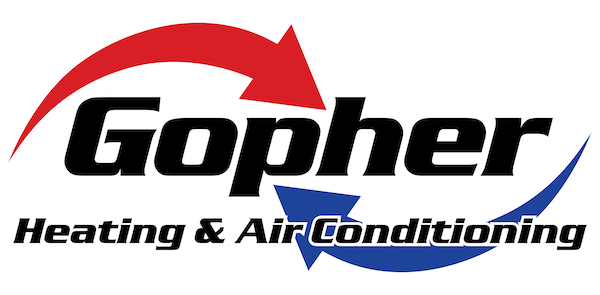
Have you ever performed a double take when you took a look at your last energy bill? While high energy bills can be the result of extreme weather events, repeatedly high bills can often signify an inefficient HVAC system or your home is wasting energy through other means, like drafty windows or inadequate insulation.
One of the simplest ways to identify whether your home is consuming too much energy is by calling a home service expert to perform a home energy audit, also known as a home energy assessment. Keep reading to find out more about home energy audits, including what they are and their key elements.
What Is a Home Energy Audit?
An energy audit is a comprehensive inspection of how much energy your home consumes and whether – and where – your home could be losing or wasting energy. An inspector will review past energy bills while completing an energy audit to figure out where energy is being consumed and how much.
The ultimate goal of an energy audit is to help homeowners save money on their energy bills by identifying energy-efficient renovations, which can include swapping out your current HVAC system, putting in new insulation, plugging up leaks, or replacing loose windows.
Over the course of the energy assessment, the auditor also completes an inspection of the outside and inside of your home. The auditor completes a blower door test on doorways, windows and fireplaces to determine if there are air leaks in your home. They’ll also check your home’s HVAC system, which also includes the ductwork, the water heater, and the insulation in your attic. Comprehensive assessments might also include inspecting your current lighting system.
Benefits of a Home Energy Audit
It can be tough for the typical homeowner to know for sure how efficient their home is versus other similar homes in their community. However, lots of energy companies often supply information about where your home ranks in comparison to similar homes and whether it’s more efficient, about average, or inefficient in contrast with your neighbors’ homes. This is a great starting point to determine if you need an energy audit scheduled.
A few of the benefits of a home energy audit include:
Learning How Efficient Your Home Is
It’s beneficial to learn more about how efficient your home is and where you’re consuming the most energy. For example, if your ducts are damaged, it will cause a significant increase in your energy bills and additional wear and tear on your HVAC system because it has to stay on longer to completely heat or cool your home.
Making Energy-Efficient Updates
An energy audit should outline where you need to make energy-efficient improvements to cut back on energy and reduce utility bills. This can include replacing worn weatherstripping or installing a new energy-efficient furnace.
Improving Health and Safety
Enabling air to slip into your home through doors and windows, or because of a lack of insulation can cause unwanted moisture to appear, which may negatively affect your home’s humidity levels or encourage mold. This can cause health problems, especially for people suffering from asthma or allergies.
Adding to Your Home’s Retail Value
Energy-efficient homes are desired by homebuyers. You can sell your home much faster or for more money by demonstrating to potential buyers that it’s energy efficient.
How to Do an Energy Audit of Your Home
Although handling an energy audit on your own may not be as comprehensive as hiring a professional, it’ll give you a broad understanding of how energy efficient your home is. If you don’t discover any problems during the DIY test, then you probably don’t need to hire a professional. Try this step-by-step checklist:
- Examine your HVAC system. Damaged ducts can lose nearly 20% of conditioned air, leading to more expensive energy bills and increased strain on HVAC equipment. If you notice leaks, use duct tape to plug them. If your HVAC equipment is old and wearing down, upgrading to a new system can save you a significant amount on your energy bills. In some cases, it might be better to contact a reputable HVAC company to inspect your system.
- Look for air leaks. Air leaks on average can raise monthly energy bills by 10 to 20%. Inside, look for air leaks in areas where there is a draft, like along the edge of flooring and near baseboards and electrical outlets. Outside, you can look for air leaks in the home’s foundation, siding and mortar. Plug, caulk or seal any air leaks to save money.
- Inspect insulation. If your home is older, it could mean your insulation is too. If you can see the joists, you likely need more insulation.
- Check the ventilation. Check that all of your kitchen and bathroom exhaust fans are spinning properly, and check for evidence of rot or moisture.
Contact Gopher Heating and Air Conditioning for a Professional Energy Audit
If you would like professional help figuring out how energy efficient your heating and cooling equipment is, contact the HVAC experts at Gopher Heating and Air Conditioning today. We’ve proudly served the residents of Savage with quality home services for a long time. Contact us today to schedule an appointment.



